
This post will have some spoilers for Sword Art Online.
SAO examines what happens when people are fully absorbed into a massively multiplayer online role playing game. The people are so absorbed that they cannot even log off until the game is completed. If they die in the game, or someone unplugs their virtual reality device, they die in reality. As the “game” continues for a couple of years, people begin to forget what it is like to live in the flesh. Many players start normal lives in the abnormal environment. Asuna viewed the time in the game as lost until she met Kirito, who viewed the online world as legitimate an experience as meat space. Over time, the pair fall in love. Not a virtual love, but truthfully.
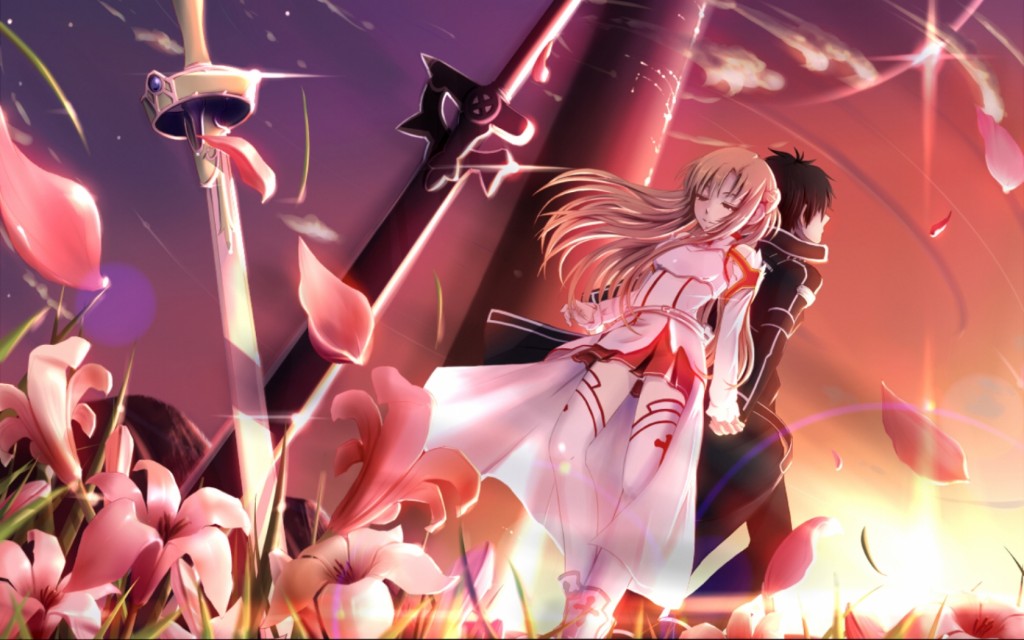 Let’s stop a moment and consider this idea in our own reality. Are online experiences as legitimate as those in realty? While we are playing in a virtual world, we are meeting and establishing relationships with other people. The avatar in the game becomes an extension of our personality…or perhaps the personality we wish we could be in real life. As the main character, Kirito, states in the second part of the series, people are the same in reality as they are online. I have actually ran into the fact myself. People tend to be too honest and genuine when they are online.
Let’s stop a moment and consider this idea in our own reality. Are online experiences as legitimate as those in realty? While we are playing in a virtual world, we are meeting and establishing relationships with other people. The avatar in the game becomes an extension of our personality…or perhaps the personality we wish we could be in real life. As the main character, Kirito, states in the second part of the series, people are the same in reality as they are online. I have actually ran into the fact myself. People tend to be too honest and genuine when they are online.
As gaming delves into virtual reality, (SAO isn’t that far off from being possible) will virtual life be less than reality or a deeper experience? It is an important question to consider.
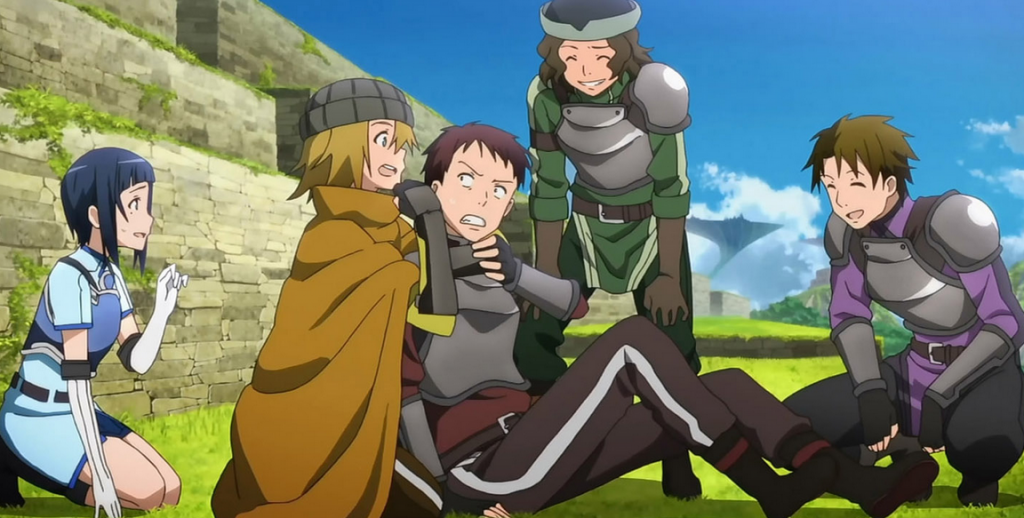 Anyway, as SAO continues Asuna is caged by a man who wants to marry her in reality. He only wants to possess her and programmed her avatar to be relatively helpless. He speaks about wanting to “have fun” in the non-body. Asuna states that virtual or physical, her view of her body is the same. She refuses to demean herself with sexuality. This is a contrast to Ghost in the Shell’s embrace of how cybernetics and virtual bodies negate the need to treat the body with respect. Mind you, Asuna and Kirito are married by this time, in the game world at least.
Anyway, as SAO continues Asuna is caged by a man who wants to marry her in reality. He only wants to possess her and programmed her avatar to be relatively helpless. He speaks about wanting to “have fun” in the non-body. Asuna states that virtual or physical, her view of her body is the same. She refuses to demean herself with sexuality. This is a contrast to Ghost in the Shell’s embrace of how cybernetics and virtual bodies negate the need to treat the body with respect. Mind you, Asuna and Kirito are married by this time, in the game world at least.
Again, another question addressed obliquely. Are virtual bodies, like virtual experiences real? Consider virtual sex. Is it real? Considering how many spouses feel cheated with our current, primitive virtual sex, there is a resounding yes.
Sword Art Online touches on many interesting and increasingly important questions. As we move more of our lives online, how real is the virtual? Facebook posts can get you fired from your job. Virtual sex is considered cheating. Online friendships blossom into long lasting friendships…despite never seeing each other off screen.
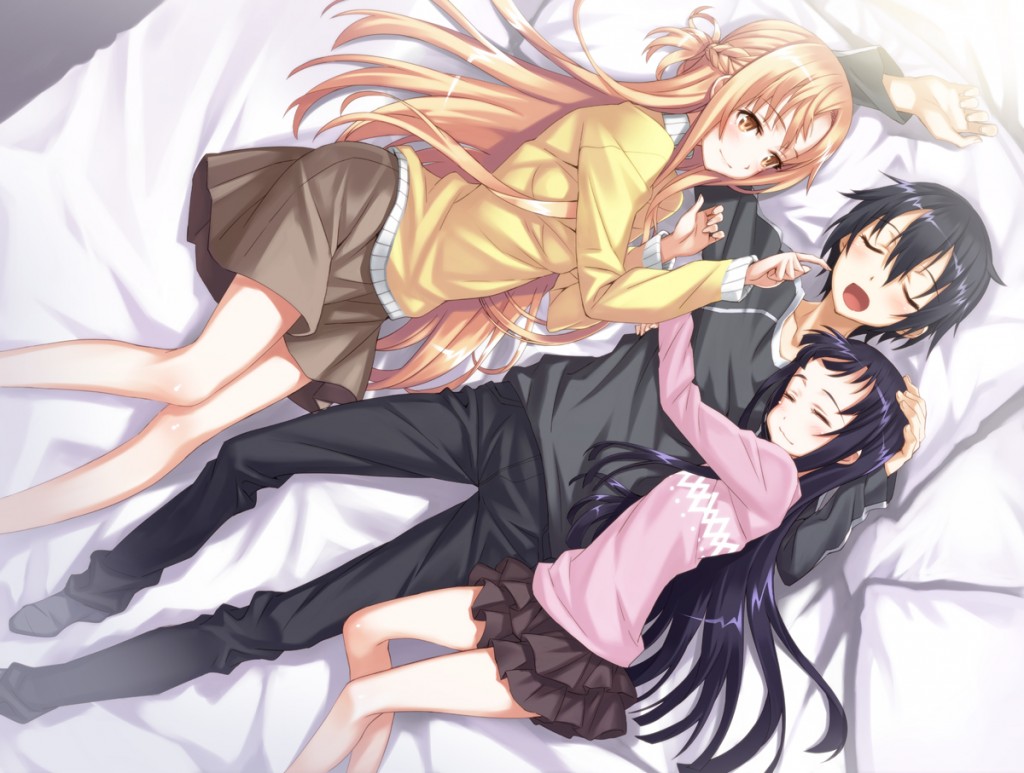 My own view: online experiences are as legitimate as offline. They involve interacting with people and create memories. Are they inferior to real experiences? Is spending time in the online world nothing but a waste of time? I say it is a waste and at the same time it isn’t. It depends on how the time is used and if there is a healthy balance.
My own view: online experiences are as legitimate as offline. They involve interacting with people and create memories. Are they inferior to real experiences? Is spending time in the online world nothing but a waste of time? I say it is a waste and at the same time it isn’t. It depends on how the time is used and if there is a healthy balance.
What are your thoughts on the ideas stories like Sword Art Online and Ghost in the Shell consider? What do you think about our increasingly “full dive” into technology?
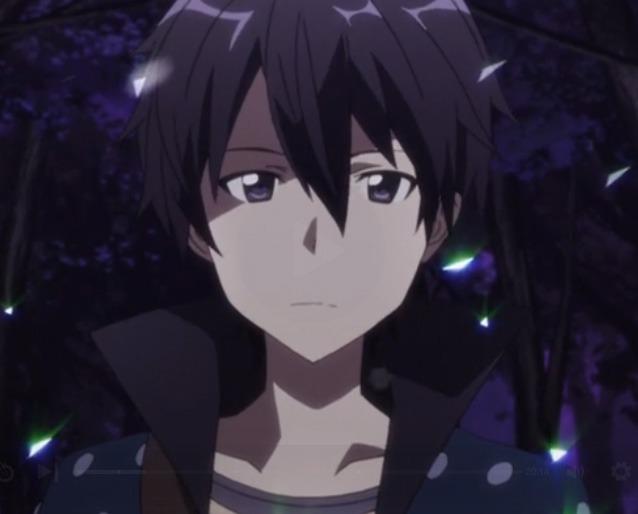
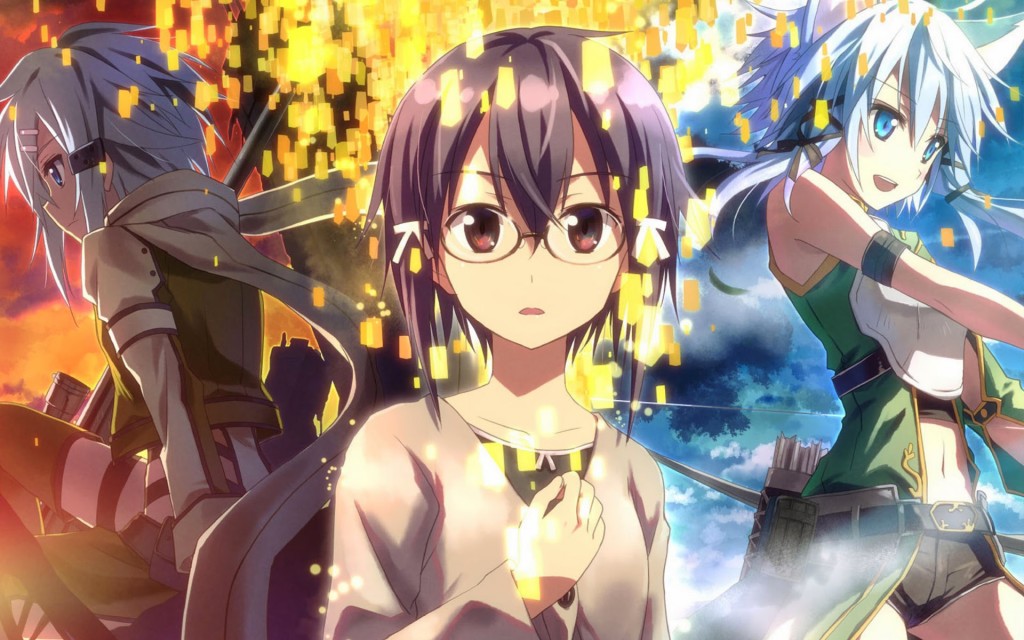
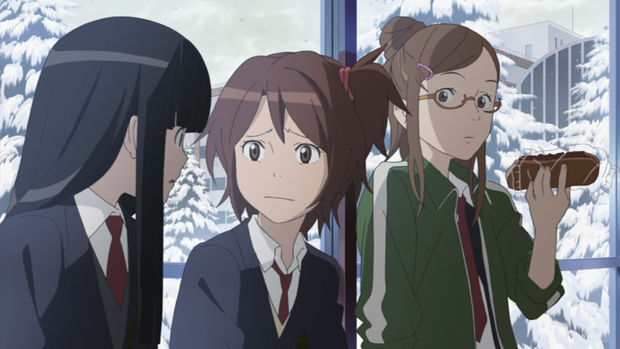
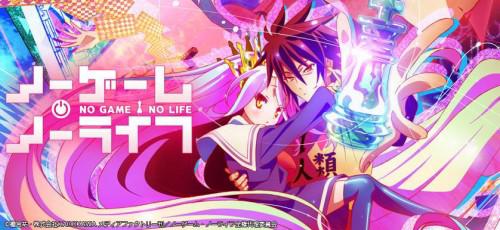
actually some thing similar to Nervegear is going to come to the consumer market very soon….THE OCULUS RIFT…
JUst wait for it… We will be in SAO…
OCULUS RIFT is a virtual reality headset that will change the whole game industry.. Because when you wear it you are in the game.. You are part of the game.. That’s the Idea. and it is target for average consumer..
We will see SAO within 20 years I think…
I have seen that console. I read an MIT white paper that discussed how holodeck style technology should be available by 2030. There are some prototypes in labs right now that use haptic technology to manipulate the holograms. Although NervGear could create a more realistic experience than holodecks.
THE OCULUS RIFT is nothing compared to full dive headgear…all of the things in the OCULUS RIFT are played hands on and can only be seen visually, unless you were trying to say that the Oculus Rift would evolve into full dive head gear in the near future, then yes, I agree.
i want this to be real. if they make a vitual reality game which we can control…MY LIFE AS A GAMER IS COMPLETE
It would be fun. Although, I could do without the whole dying and feeling pain part.
Even if it was just a little shock of pain?
Yes. Pain and pleasure are best left alone. A certain industry could hook people using pain and pleasure receptors. Gaming could become even more appealing against reality if pain and pleasure are added to the mix.
Personally, I believe that virtual relationships can be as real as somebody tries to make them.At the same time that going online can be a waste of time, it can also be beneficial. Even though you are not interacting with a person in the real world, the fact that you are interacting with someone, or with groups of people, is just as real as one would do it in real life. Also, even though it’s easier to express yourself more easily on the internet than in the real world (due to the advantage of anonymity), people can still choose to either act like different person, or stick with their true characteristics, or combine a bit of both. And eventually, we will reach the technological capacity just like in SAO and Ghost in the Shell.
Remember, just like all fields of science and technology, virtual reality is neither good or bad; it’s a matter of how it will be used by the individual person. And the most important thing that an individual must always protect, is their integrity, whether it’s in the real world, or in the virtual world.
You make excellent points, Stelios. I enjoy playing online games to relax. I treat everyone as I would if I was speaking with them in person. It is easy to forget there is another person on the other side of the screen. The advantage online gaming has over some other forms of digital interaction is character reputation. SAO suggests the same. Over time, particularly in small server environments, you begin to build a reputation with other players. I play Final Fantasy 14, for example, and am developing a reputation for being a decent healer that is patient with mistakes and inexperienced players. At least, that is what I am told by other players.
In any case, we should always remember there is another person behind the avatar and text. Every meeting, no matter how brief, leaves a small impression.
What does it mean to make friends in Sword Art Online, and to fall in love? These are such prescient questions, and as more people find themselves online, the more we face these same dilemmas. What is real in the virtual world? Do we sense hearts between the tweets and pixels? Arms reaching from your computer screen, pulling you in?
These are good questions to ponder. It really depends on the individual. It is an interesting to consider if we can really come to know someone from tweets, instant messages, and pixels. But then, it all depends on the people involved.
Hmm, have you read the Sword Art Online LNs? The main advantage of LNs over the anime tends to be the greater access to the internal character perspectives, that anime often forsakes. And because Kirito is set up as an introvert, much of his character is formed through seeing the story from his point of view, rather than his actions alone. Similarly, the themes of the validity of virtual experiences are, in my opinion better explored in the LNs than in the Anime.
I haven’t read the light novels yet. I suspected they would delve deeper into characterization of the validity of virtual experiences more than the anime. Anime has limits novels do not. Although, the anime hints at Kirito viewing the experiences online as authentic. Asuna, at least in the beginning, doesn’t view them this way until Kirito’s view influences her. The anime obliquely approaches the subject, but I can see why it didn’t pursue the themes in depth. What works for a reader usually makes for a dull watch.
They supported each other in life-threatening circumstances, and shared a journey that no one else comes close to. If they fell in love during that time, and they were honest about themselves, then it’s true. Trying to qualify this love as “artificial” then calls into question whether the lower-class’s love is true, in comparison to the upper classes. After all, maybe it was made under duress! If they had plenty of real estate and absolutely no pressures, maybe they’d choose differently.
Uh huh. That will be an extremely tough sell.
Kirito and Asuna’s trials certainly bring them closer over time. What if the challenges were completely virtual? As in, there is no chance of dying. Would the pair still have fallen in love? Such a scenario is more akin to our current virtual experiences.